Server SSD - Blog / Knowledge Centre
-

Case Study: Helping rapid on-premises application growth with Kingston Enterprise products and services
Learn how Hosteur supported their rapid growth & SLAs with Kingston Enterprise products & services.
-
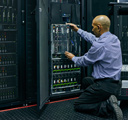
Rip and Replace vs Predictability: Why SSDs with Predictable Latency Matters
Data centres should be using server SSDs. There are many benefits over client drives and costs have come down.
-
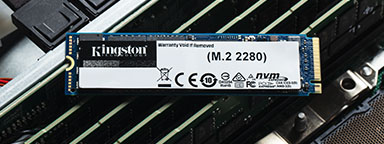
The benefits of NVMe in enterprise
NVMe is now the standard protocol for SSDs to empower data centres and enterprise environments.
-
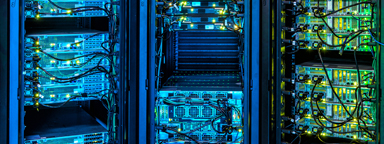
Four things data centre managers can learn from the fastest supercomputers
Cloud and on-premise data centre managers can learn a lot from supercomputing.
-

Is Now the Time for SDS (Software Defined Storage)?
SDS hasn’t lived up to its hype but now that NVMe is more affordable, the commodity hardware is ready to deliver.
-

Why does 5G need Edge Computing in a Micro Data Center?
Industry Expert, Simon Besteman provide insight on why 5G demands edge computing in micro data centers.
-

Kingston Memory & Enterprise SSDs Give Managed Hosting Provider i3D.net a Competitive Advantage
Kingston delivered compatible memory that met the performance goals of i3D.net's servers, extending the service life of their existing hardware.
-

The Future of Data Centers - 5G & Edge Computing
Why is Edge Computing Data Centers important for 5G? Download and read Kingston’s eBook on Edge Servers and the 5G rollout.
-
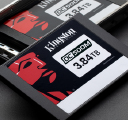
Improve SQL Server Performance with DC500M Enterprise SSDs
This whitepaper demonstrates how using Kingston Technology’s Data Centre DC500 SSDs can reduce your overall capital and licence costs by 39%.
-

SSD Over-provisioning (OP)
A percentage of space on an SSD is reserved for OP in firmware. OP can improve performance.
-
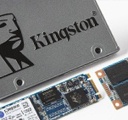
A Closer Look At SSD Power Loss Protection
Firmware/hardware PFAIL protection is an highly effective method for preventing data loss in enterprise SSD.
-

FAQs for SATA and M.2 SSDs
Frequently asked questions around SSD technologies and terms like SATA, M.2, NAND, RAID, NVMe, PCIe, SAS, and keying.